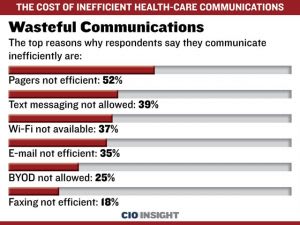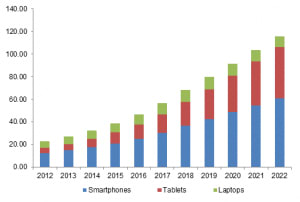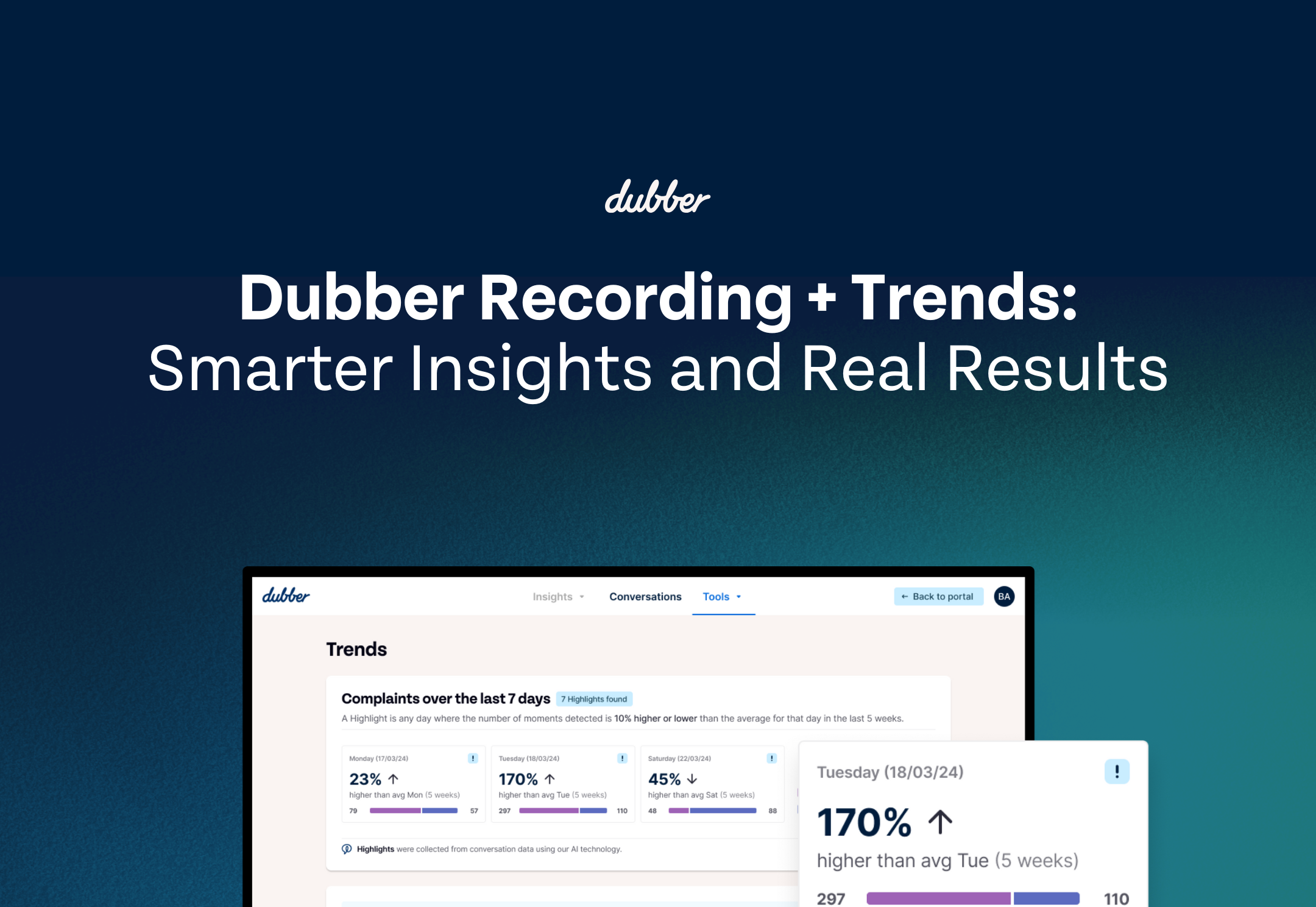

The Answer to the Challenges of BYOD
Bring your own device (BYOD) is a workplace culture that has been adopted by most industries; from healthcare to finance. Allowing, and encouraging, employees to work from their own devices not only reduces expenditure on technology, it also increases productivity by allowing employees to work from home and while travelling, on a device they are familiar with. However, when it comes to monitoring the distribution of company data, there are some challenges that accompany the benefits.
Keeping tabs
Ensuring company data remains secure, while respecting the privacy of an employee’s personal information, is the most difficult problem that IT security departments face. When personal devices are used for work, the data remains controlled by the organisation and it is important that this responsibility is carried out without breaching any data protection obligations concerning personal data stored on devices. This can be a difficult balance to achieve, especially when working in industries such as finance and healthcare that require specific data compliance.
In finance for example, MIFID II regulations state that investment firms in the EU must take reasonable steps to record communications made from equipment that has been accepted or permitted by the investment firm – this includes personal devices. These regulations also insist that firms should prevent employees from communications on privately-owned equipment which the firm is unable to record.
Monitoring communications across social channels such as Twitter and real-time communication applications such as Skype can lead to difficulties when complying with communication recording regulations. Employees are so used to communicating across a range of methods in their daily lives that to restrict them is not an option. Add to this the US lead Dodd-Frank requirement to be able to complete a case reconstruction within 72 hours of an investigation request, and the need for a solution intensifies.
Some solutions
Developing a culture that is as dedicated to security and compliance as it is to flexibility and efficiency is the answer to the new challenges of BYOD. This evolution in work should be seen as an opportunity to examine employee communication practices and put in place measures to ensure a cohesive approach.
Chart by CIO Insight showing communication inefficiencies in American hospitals
BYOD certainly encourages companies to consider a unified communications (UC) solution. UC can easily integrate existing devices into one cohesive and efficient communications strategy that can save companies time and money. As well as ensuring that the business is compliant with regulations regarding the recording of communications, there are numerous efficiency improvements that an organisation can benefit from. Research by CIO Insight found that American hospitals were wasting billions of dollars a year due to inefficient communications technologies (see chart above). Interaction between colleagues and clients is quicker, and collaboration becomes easier, allowing employees to focus on work. Employing a call recording solution like Dubber that integrates with your company’s CRM, for example, can allow transcribed calls to be viewed alongside other client information.
Software solutions that have keyword search capability, such as Dubber’s Zoe, which allow information to be gathered quickly and easily are a vital precaution against the 72 hour deadlines involved in investigations. The ability to record, transcribe, and search conversations at the touch of a button can also increase accuracy in day-to-day work and ensure that important details are not forgotten.
Flexible call recording solves the problem of collecting work data while protecting personal communications. With an services like Dubber’s Playback, the user has the option to keep a record of a call, after they have made it. Personal numbers can be blacklisted to ensure they are never recorded, while business numbers can be whitelisted so these conversations are always stored.
Graph from Global Market Insights showing growth expectations of BYOD market in USD by device
Not if, but when
With BYOD now an unavoidable reality, not having a policy on BYOD is the biggest risk to an organisation. A report by Global Market Insights anticipates growth in the North American BYOD market size over the next five years (see graph). Employees expect more flexibility in their work, and BYOD is part of these expectations.
With communications taking place across multiple applications, even on company-owned devices, it makes sense to embrace BYOD – with a considered policy that ensures security and compliance. In fast-moving sectors such as the financial industry employees are not going to ignore important calls just because they are unable to record them, so measures need to be put in place to ensure they can. Providing a UC solution that allows employees to work in the most efficient way is the key.



